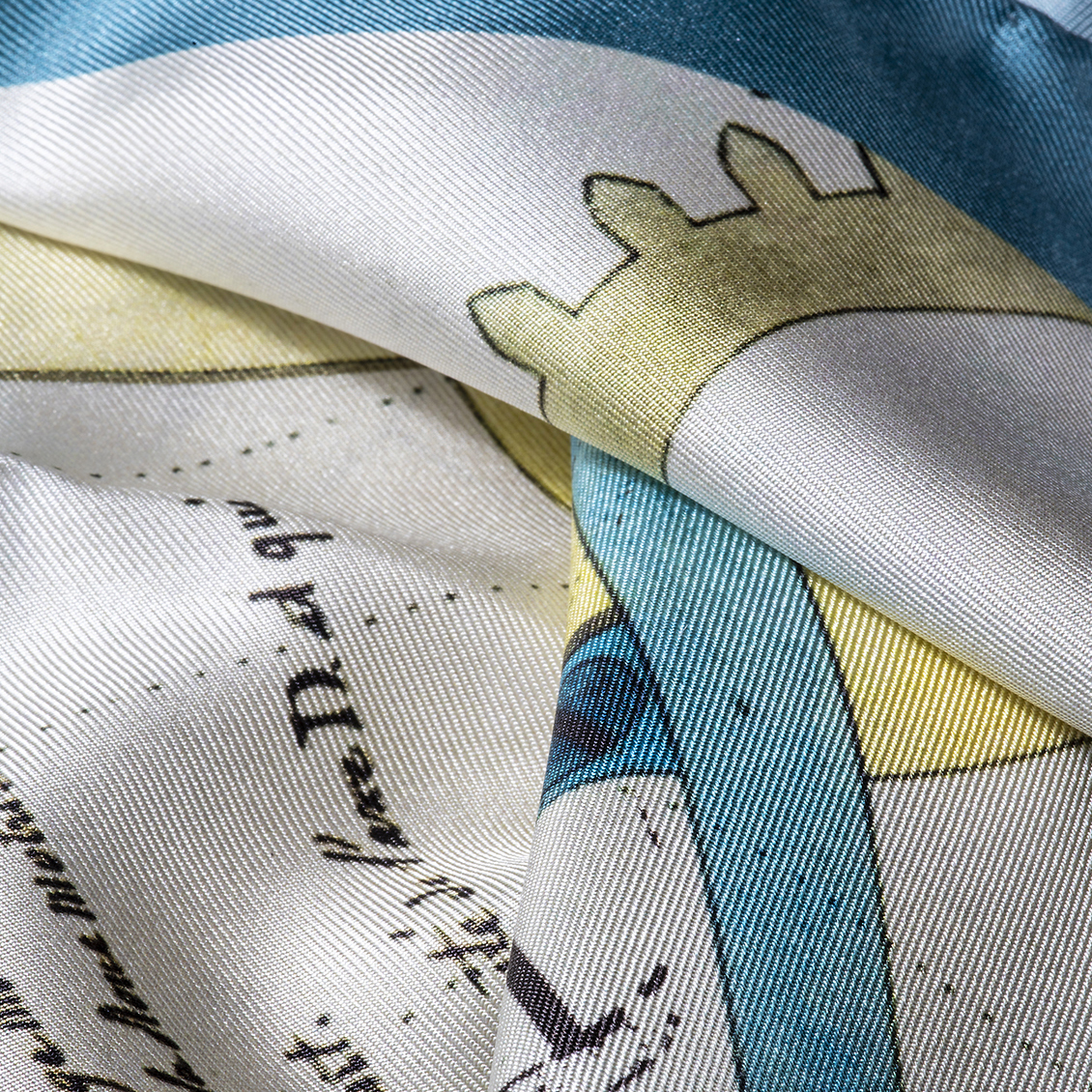
Organic Silk
Organic silk is obtained by “feeding” silkworms with organic mulberry leaves in an environmentally responsible environment using a biological processing process with no pesticides or phytosanitary products and as few fossil fuels as possible. Organic silk is produced in accordance with the GOTS label [glossary link].
The cocoons are harvested after hatching. To release the silk thread, the cocoons are first dried so that they can be stored for further processing. To unwind the fibre, the natural glue secreted by the silkworms must be dissolved in hot water. The “raw” silk must be boiled several times until the shiny and soft thread is obtained. It can then be woven and spun. Each cocoon contains up to 1.5 km or a mile of thread!
Organic silk is also known as “Peace silk” or “Ahimsa silk” because of its more environmentally friendly production process and the guarantee of non-violence towards the insects that produce it.
Pros
No toxic fertilisers, insecticides or fungicides are used in mulberry plantations. No chemicals are used during the production process, unlike with conventional silk production where toxic salts are used to remove the glue.
Organic silk production refuses to use genetically modified larvae or larvae that would have lost their ability to fly or eat through many generations of breeding; animal welfare is therefore paramount and conscientiously defended.
Silk is like a second skin – it contributes to the body’s thermal regulation by regulating its heat. The fabric is very soft and pleasant to wear, providing insulation in both winter and summer.
Silk is a precious natural fabric that is biodegradable and renewable. It is a material that does not change when washed and survives very well over time. Silk is also a hygienic and hypoallergenic fibre. Finally, it is both strong and stretchable; a silk thread can be stretched to up to five times its initial size.
Cons
To produce the same amount of material, organic silk typically requires an additional 10 days of processing to allow silkworms to grow and hatch, plus a few more work steps. This slower but more natural method of production entails additional costs compared to conventional silk production.
We would be happy to produce your next organic silk item. Please do not hesitate to contact us to discuss your future project.


